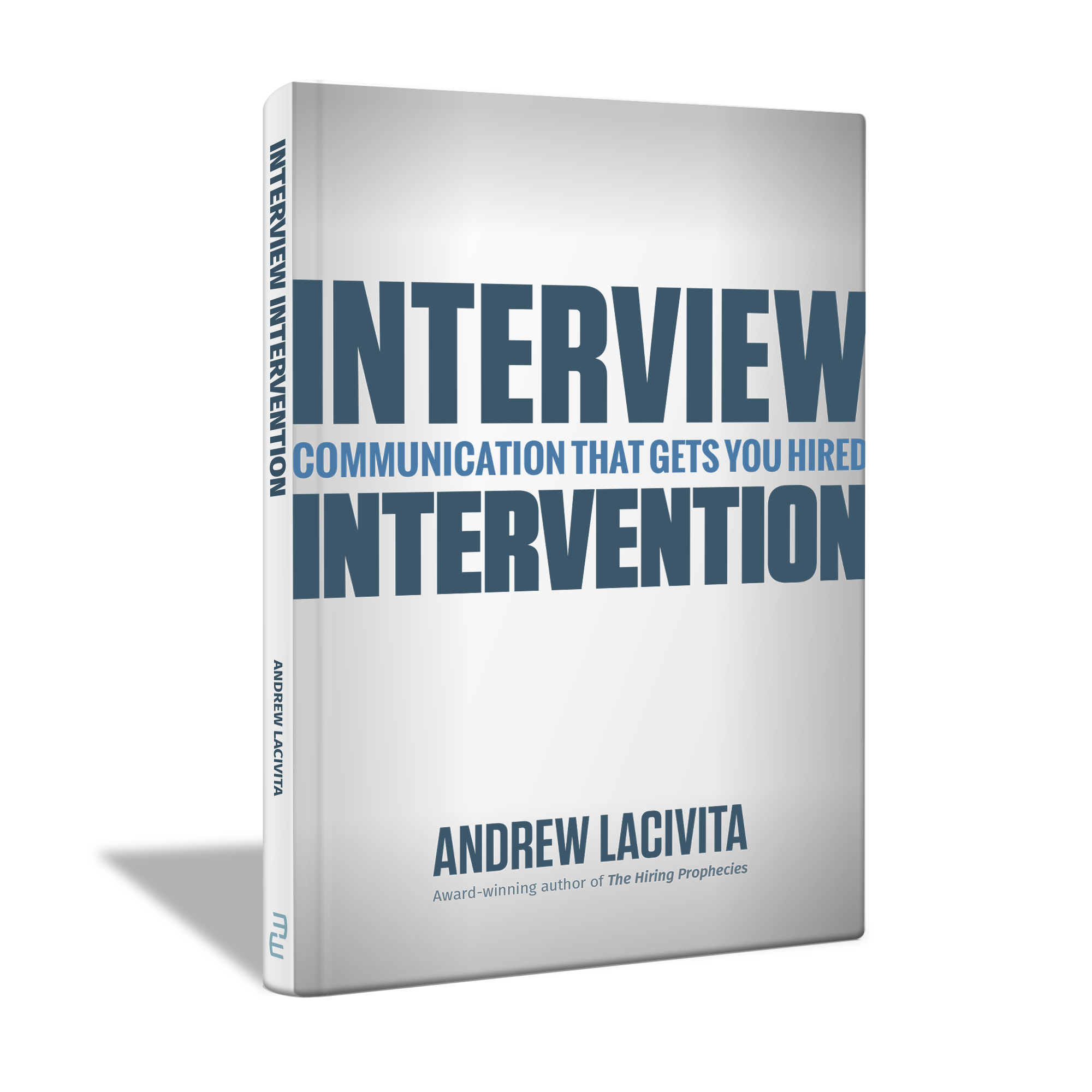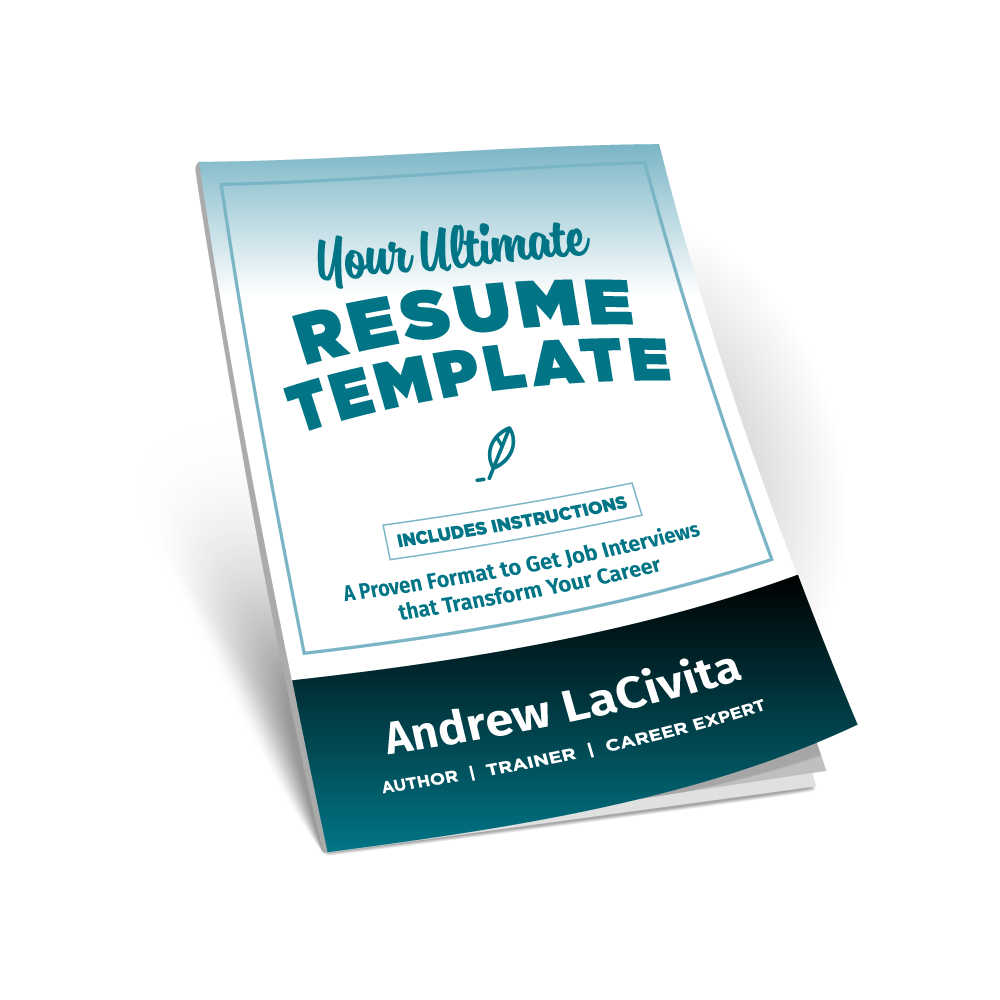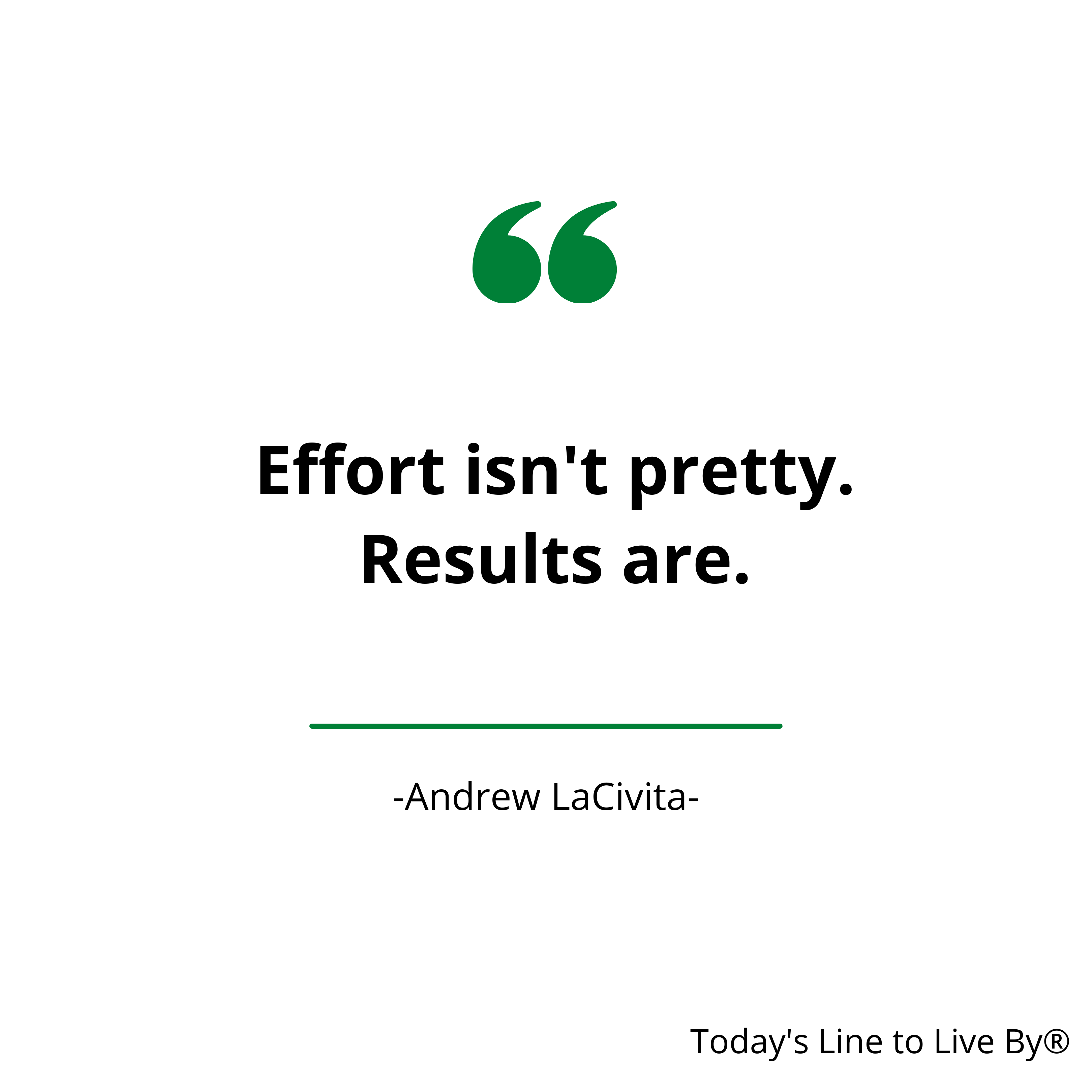You’re probably wondering what those job changing challenges are, but before I share that and the ways to overcome them, I’d like to back up to zero hour.
I understand your career is important to you, but I’m writing this post assuming your overall happiness is most important to you. Of course, your satisfaction and enjoyment with your career greatly affects that.
Understanding what creates alignment between your happiness and your job is where people fall short when facing a job change. Specifically, the first challenge job-seekers face is that they are rarely, if ever, completely self-aware regarding what makes them happy as it relates to their careers. This might sound odd, but I’ve profiled more than 10,000 individuals and not one has been able to identify a complete list of criteria—for themselves and future employer—that would ensure happiness and success.
Realize it’s relatively easy to identify issues you face with your current employer or situation. These issues are front and center and recent. It’s far more difficult to proactively identify your needs going forward. This is well beyond simply addressing your current issues and evaluating whether a prospective employer could satisfy them.
This issue is further exacerbated by the way most people approach job changing and counter to the techniques most people use. Oftentimes, job-seekers use Moral Algebra (i.e., develop Pros-Cons or Advantages-Disadvantages lists) to compare their current situation to their potential situation. This decision-making method is typically flawed because you’re comparing two options against each other without a base-set of criteria that make you the centerpiece for the decision. You’ve also likely “cooked the books” because your subconscious biases have slanted the pros-cons inventories toward what you emotionally want instead of what you objectively want (according to your complete list of criteria).
The second challenge is an extension of the first. Even if you develop a complete list of criteria, very few people are skilled or equipped to elicit the necessary information from the employer to determine if that employer could actually satisfy their criteria. This isn’t a knock on people. Employees simply don’t change jobs very often and are not trained in interviewing tactics. Employers, in turn, are not mind readers and can only address the questions the job-seekers pose.
How can job-seekers overcome these job changing challenges?
In this post, I’ll address how job-seekers can become more self-aware. (In Part 2, I’ll discuss techniques you can use to help determine if the employer can satisfy your needs.)
There are five major areas I recommend addressing to help you become more self-aware as it relates to your job and career. Here, however, I’d like to discuss the one aimed at helping you develop a more comprehensive list of what makes you happy.
For starters, the easiest place to begin is by using any means necessary to identify up front what makes you happy (and miserable)—in detail! Start by considering what you enjoy and don’t enjoy about your current situation. That’ll give you a running start. Then move on to brainstorming and thinking back to other employers you’ve worked with. What did you like? Dislike? Talk with your spouse, friends, and so forth.
As a supplement, you’re welcome to use some information I’ve gathered. I mentioned I previously, I’ve profiled many thousands of individuals as part of helping them find and secure the right job. Based on those assessments, I’ve maintained statistics of the top twelve most often-identified criteria. People have indicated these were their greatest influencers of happiness and long-term success with their employer. While this list is not intended to be comprehensive, it can serve to stimulate your thinking as you develop your personal list.
- Company Track Record and Position for Growth. Has the company been growing and does it have a product or service that positions it for future growth?
- Corporate Culture. What is the company’s “personality”? Is it high-energy, fast-paced, employee-focused, and so forth?
- Contribution. Are you in a position to make a significant impact for the company?
- Appreciation. Does the company recognize and appreciate its employees’ efforts?
- Role. Will you be performing interesting, appropriate responsibilities based on your background and capabilities? Can you be successful in the role?
- Career Development. Does the organization provide opportunities for you to grow, whether through your daily responsibilities or training classes? Is there an outlined career progression or at least significant growth opportunities for the company, which usually results in opportunities for its employees?
- Boss. Will I be working with someone who is smart, supportive, and easy to get along with?
- People. Are the employees open, welcoming, and fun? Do they create a team-oriented atmosphere?
- Office Environment. Does the office environment induce happiness and energy? Is it architected in a manner that is conducive for successfully performing my job?
- Office Location. What is my daily commute? Can I telecommute a few days each week?
- Travel Requirements. How much travel is required? Is it domestic and international?
- Compensation and Benefits. What is the overall compensation package as well as the health care, 401(k), profit sharing, and additional benefits?
If you’re interested in reviewing the other four areas or additional insight to making good career decisions, review Interview Intervention: Communication That Gets You Hired (Chapter 1) or my earlier blog post titled The World Actually Does Revolve Around You.)
To learn more about how milewalk can help you prepare for your job or career change, please Contact Us.









Leave A Comment